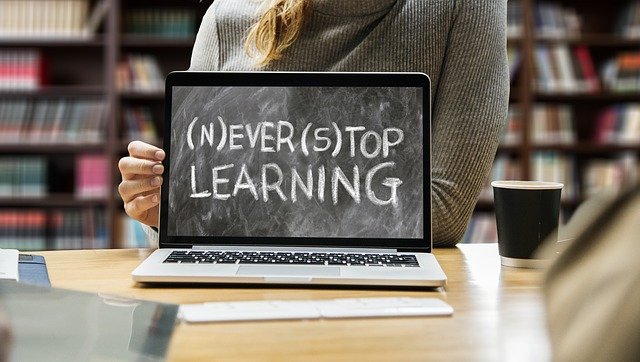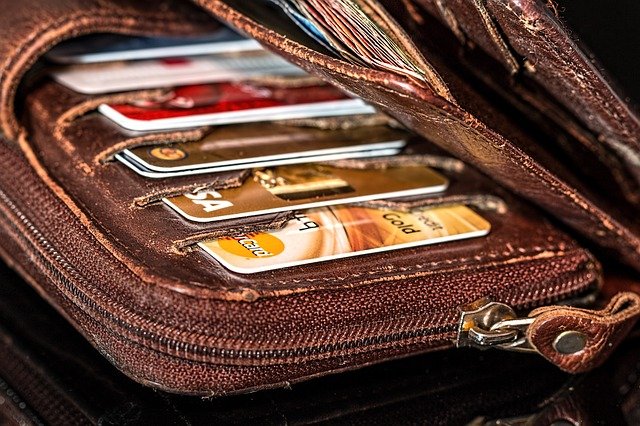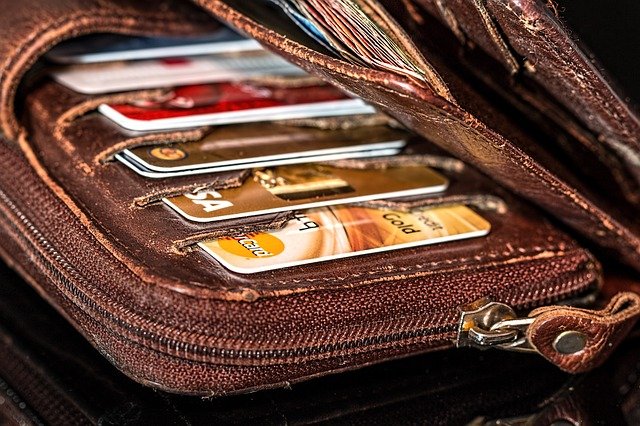Simple Money Management Tips-for you, is my way of keeping track of my money. They are nuggets of economic wisdom that I have learned to better manage my money.
To manage, is to take charge, or care of. It also means to handle, to direct, to govern, or to control, in action or use. You must learn to manage your money. This necessary skill is rarely taught in the school system and yet it is almost as important as breathing.
Why is it Not Taught in School?

The short and simple is this. Uneducated and unsophisticated consumers are much easier to take advantage of.
Early research in money management shows why so many people, even after High-School graduation, have so much trouble managing their money.
They do not have a working knowledge of the vocabulary and terminology. Managing the money you earn, is one of the most important skills you can learn. This is not a question of choice. This is an essential survival skill.
Why is money management so important?
Money is living under a bad cloud. We are constantly reminded that it is the root of all evil. The root of all evil is an empty head. It is of little wonder that so many people are struggling with money?
We receive little to no instruction, on money management during our entire educational lifetime, so we are left with only two options. We learn about money from our parents, or we must learn about it by ourselves, and often the hard way.
Our Elementary and High School years are filled with subject courses, on everything and anything, that is of little to no value. Rarely are we ever offered a serious or productive thought, on how to manage money wisely.
Education is Your Responsibility
Early formal education has many benefits such as availability and being an arena to socialize with other people. It is not a useless project, but it does lack a lot. This is in part the responsibility of the participants.
It is just as important to learn how to manage the money you earn, as it is to learn how to earn the money itself.
The general consensus is that if we earn more, life gets better. This is generally true, but if you cannot manage small amounts of money, you will most likely not be able to manage larger amounts.

Credit Cards get Maxed-Out at the Speed of Light
We simply have to look at the Credit Card issue to prove this case. The higher the credit limit, the higher the debt we accumulate. Credit cards are not money you have, they are debt you accumulate.
Pay the full balance on your credit card at the end of the month, so you can stay out of trouble.
Use your cards wisely, for what they were intended. When used properly they eliminate the need to carry cash. A simple tap or swipe and you’re done. Seems almost painless, until the monthly statement arrives.
My Simple Formula on Money Management
I struggled for years with managing my money. For some crazy reason, I had forgotten to use the Arithmetic that I had learned in Elementary School, and that was simple Addition and Subtraction.
Add all your monthly income AND … Subtract all your expenses.
Sounds easy, and it is. This is the most basic of all money theory. You must learn to spend LESS than you earn. This is why we need to keep a very close eye on our money. Forget your feelings about money. Money has NO feelings. It only understands and reacts to Mathematics.
Feelings are the Root of Your Money Problems
Some money problems begin with feelings. Thoughts and ideas of why we need things we cannot afford. Unless the purchase is for food, rent, medical or other such emergencies. The rule of thumb is, if you cannot afford it, don’t buy it.
I’m not suggesting that you live like a hermit in a mountain cave, however, it is wise to control your impulse to purchase unnecessary items. Why are you purchasing a $9.00 coffee that requires 10 words to describe it to your barista, if you are struggling to pay your bills at the end of the month? It may be better to make your coffee at home for pennies on the dollar.
Five Terms that you Must Understand
There are books full of “information on money” to effectively manage your finances. These five terms are a good starting point, to begin your journey.
These 5 terms belong to the world of accounting and bookkeeping. Maintaining a household for the well-being of a family is a simple process that has to be understood and adhered to. Without a proper recording method of income and expenses, there is little hope of financial stability.
Everyone can define Income and Expenses. Assets and Liabilities make the game more serious, and if you throw in Bookkeeping, engines begin to stall and slow down. Simple Money Management Tips requires a vocabulary on money and how it behaves. It is a skill learned, like riding a bike or riding a car.
1. Income
Income refers to all the monies you earn, or bring-in, in a specified period of time. Income is the wages you earn at your job, the interest you acquire on the money you have in a savings account.
It even includes the $12.00 you won in the weekly lottery, although I would not recommend playing the lottery as a means of gaining financial independence.
2. Expenses
Expenses are all the items that you have to pay for, usually, on a monthly basis.
Examples of household expenses are;
- food,
- clothing,
- shelter,
- eating out,
- movies,
- lights,
- heating,
- phone service, landlines and cellular service,
- internet,
- cable tv,
- medical bills,
- drugs (the legal kind),
- dental bills,
- car payments, car insurance, gasoline for the car, money for car repairs,
- and all other expenses that you accumulate in your day to day activities …
3. Bookkeeping
Bookkeeping is the recording of your financial transactions. This action is performed on a daily basis in most big businesses, but it is not a daily activity in a household, except perhaps for the safe-keeping of purchase and credit card receipts. This varies from household to household.
Bookkeeping is keeping track of what you earn and what you spend. This is the easiest way to describe it.
4. Assets
A simple definition of asset is the value of ownership that can be converted into cash. Cash itself is also an asset.
Assets are things you own that can be converted into cash.
5. Liabilities
Liabilities are monies you owe to others.
A car loan or a personal loan are liabilities. So is credit card debt.
Adding It All Up
To add it all up, you do not need to be an accountant or an economics major to successfully manage your household finances, but you do need some knowledge of money to stay out of debt.
From there, you can learn how to make money work for you. There are many ways to learn about money management and these are my two favorites.
1. Educate yourself on the subject of Money
This means reading books, magazine articles, and web posts such as this one. Learn to appreciate money’s role in our society.
Like it or not, it will still be here tomorrow, and perhaps long after you and I are long gone.
2. Hang out with people who understand Money and are willing to help you Learn how to Earn it and Manage it.
These people will be your teachers and mentors. They have been there, done that, got the T-shirt. If you are a millennial or of that age group, that is boomer talk, for experience.
Do not despair. All is not lost. The sun will rise again tomorrow.
Educate yourself about money, and learn to make your money work for you.



